Why is Russia Invading Ukraine 2022
- Home /
- blog post
In the 1500s, descendants of Kyivan Rus kings in Moscow established their own empire, imperial Russia. By 1654, it comprised Kyiv and its Ukrainian peoples, as well as other European and Asian regions and peoples.
Because they shared a culture dating back to medieval times, some in imperial Russia considered Ukrainians as brothers to the Russians. Ukrainians, on the other hand, claimed that while both communities shared religion and some history, Ukrainian culture – including food, language, art, and music – was distinct. It was molded through interactions with many peoples and a history distinct from that of Russia.
Ukraine and Russia are two Eastern European countries that share a border. On February 24, 2022, Russia pushed its forces into Ukraine and began a forcible takeover attempt.
Many people were astonished by the invasion, given it was the first significant conflict in Europe in decades. Russia and Ukraine, on the other hand, have had a tense relationship for generations. It's necessary to delve back into history to comprehend what's going on right now.
Both countries are sprung from the same medieval monarchy known as Kyivan Rus. It was built in the 800s by the Varangians, a group of Vikings from Northern Europe who came to reign over the locals. Kyivan Rus encompassed what is now Russia and Ukraine, and the Slavs who lived there are the forefathers of today's Russians and Ukrainians. Its capital was Kyiv, the same Kyiv that presently serves as Ukraine's capital. Moscow, today's Russian capital, was once part of Kyivan Rus.
Kyivan In 1240, Mongol forces from Asia attacked and divided Rus. Kyiv became a part of a new state that included what is now Poland and Ukraine. The Mongol Empire established Moscow as a regional capital. Both Moscow and Kyiv were at the crossroads of Europe and Asia, yet their cultures were distinct due to their geographic location.
What Do Putin Wants with Ukraine?
He has demanded not just that Ukraine never joins NATO, but that the alliance turn back the clock to 1997 and stop expanding eastward. "Do they think we'll just sit idly by?" he said, complaining that Russia had "nowhere else to flee to." With the expansion of the North Atlantic Treaty Organization towards Russia(NATO).
He wants NATO to withdraw its forces and military facilities from member states that joined the alliance after 1997 and to refrain from deploying "strike weapons" near Russia's borders. That includes Central and Eastern Europe, as well as the Baltic States.
But this isn't just about NATO. Russia's leader, in the words of Germany's chancellor, "wants to take over Europe according to his world view."
He claims that contemporary Ukraine was totally built by communist Russia and that it is now a puppet state under Western influence. Protests against Ukraine's pro-Kremlin president erupted in 2013 as a result of his pressure on the country not to sign an association treaty with the EU.
The West agreed in 1990 that Nato would expand "not an inch to the east," but did so nevertheless, according to President Putin.
However, because this was before the Soviet Union's demise, the pledge made to then-Soviet President Mikhail Gorbachev only applied to East Germany as part of a reunified Germany. "The question of Nato enlargement was never considered" at the time, Mr Gorbachev later stated.
NATO responded by saying her organization is a defensive alliance that welcomes new members with open arms, and its 30 members are determined that this will not change.
Ukraine's president wants a clear schedule, while Germany's chancellor has stated that Ukraine would not join for a long period.
Any present Nato member countries giving up their membership is a non-starter.
Is There A Diplomatic Route For The Russia-Ukraine War?
The Nato-Russia Founding Act established a joint council with Moscow as a full participant. Ukraine could not be part of a Russian sphere of influence, but the allies also realized it could not be part of Nato. The outcome was the Nato-Ukraine Charter, which grants Ukraine access to Nato talks and a broad list of areas of cooperation, as well as the assurance that it will be considered for Nato membership in the future.
The so-called open-door policy, which the US and its allies continue to emphasize, is the weakness in this system. However, "open door" simply refers to the ability to seek for membership in NATO. It does not imply that a candidate will receive the required unanimous vote to be admitted.
The same is true for Georgia, which the second Bush administration overlooked when it pushed for "membership action plans" for the two countries at Nato's 2008 summit in Bucharest. Other countries objected, but in order to prevent Bush from returning home empty-handed, they agreed that Ukraine and Georgia "would become Nato members." That signified "never" in diplo-speak, and it was taken as such.
Putin, who had long been enraged by the Soviet Union's demise and its effects, waited until 2014, when Russia annexed Crimea and moved soldiers into Ukraine's predominantly Russian-speaking Donbas area.
The current conflict in Ukraine is the next phase in Putin's attempt to reintegrate Russia into the major leagues and have the United States recognize it as such. It's unlikely that he ever intended to invade, making Russia a pariah state for years to come. Biden, for one, signaled a willingness to dialogue by ruling out the use of US armed forces. Russia then tabled two treaty drafts, signaling its desire to resume diplomacy.
Diplomacy has so taken center stage, with only the parameters of agreement remaining to be worked out. Putin has a one-on-one audience, whereas Biden must deal with 29 allies, Ukraine, Georgia, other members of the Organization for Security and Cooperation in Europe, and domestic opponents.
The decision will acknowledge that Ukraine will not join Nato, but countries will still be able to apply for membership (although there are no serious countries left on the list of potential new members). Furthermore, both parties will agree on confidence-building measures. These issues have previously been discussed, and the Nato-Russia Council has been revived. Russia must also stop cyber-attacks and intervention in US and European democracy, according to the US.
Last week's meeting in Geneva between US Secretary of State Antony Blinken and Russian Foreign Minister Sergei Lavrov sent a clear message: the crisis has progressed to the level of dealmaking. It's only a matter of negotiating the conditions.
The US and Nato, as well as Russia if Putin realizes his country's true interests, will have another chance to promote a united, free, and peaceful Europe.
share
share
share
share our post
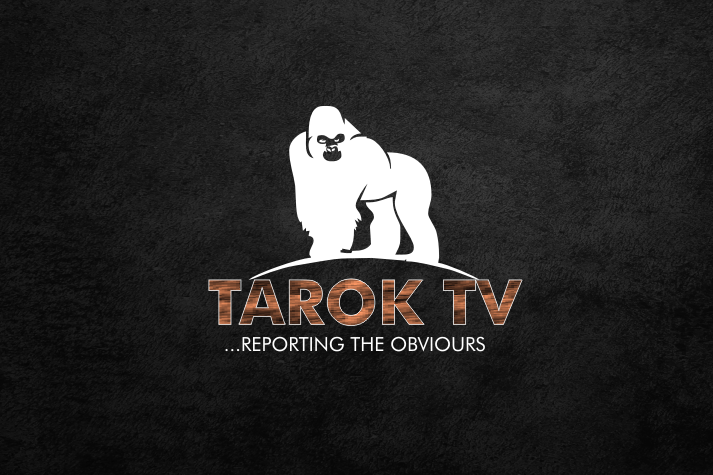
About Admin - Admin
TarokTv, ...Reporting the obvious.
Contact
Phone number: 07062319173
Email: [email protected]
Reach out to us with any news or article.
Latest Articles
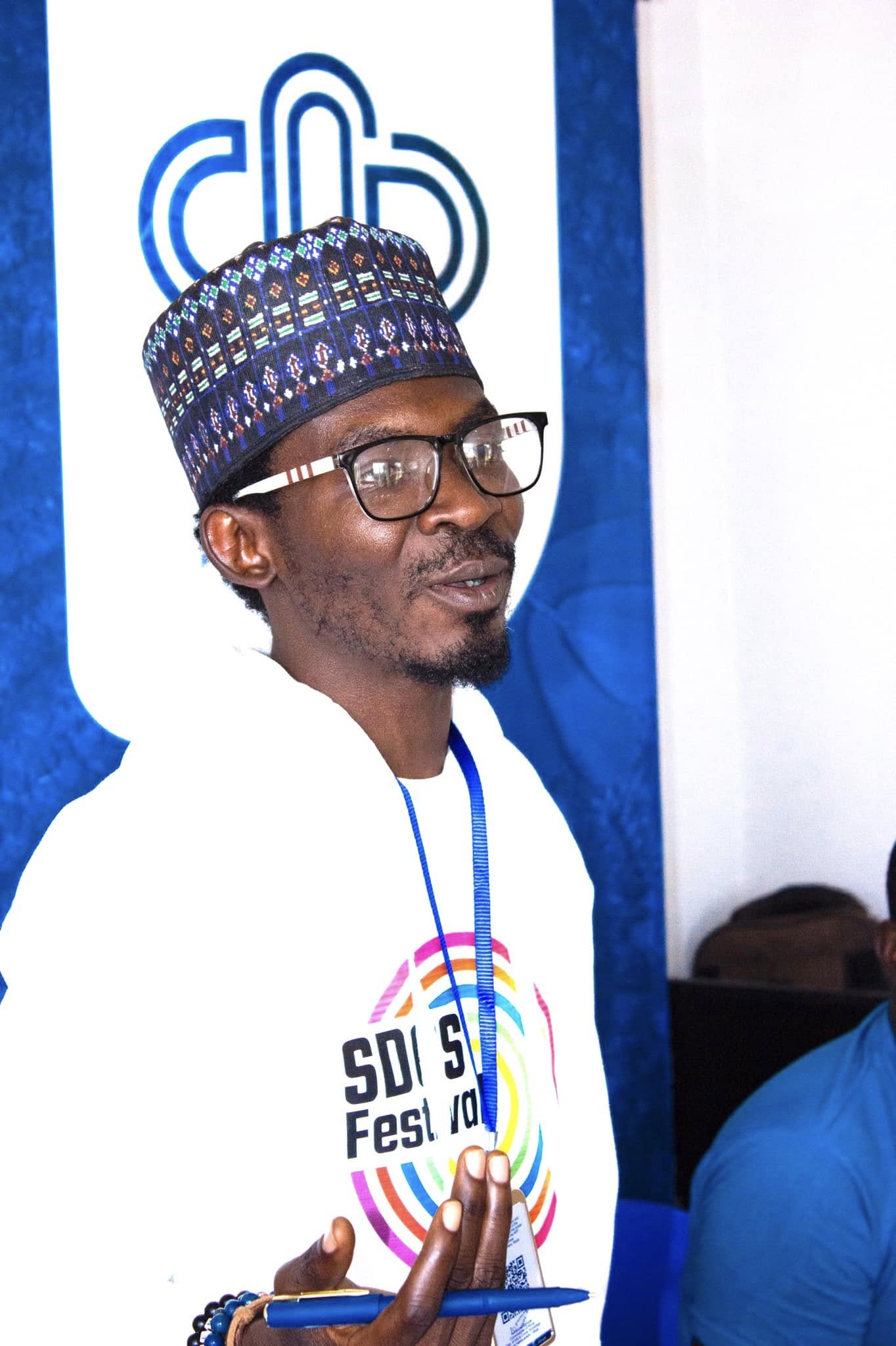
Success leaves clues, and those who seek to make a difference must study the lives of those who…
read more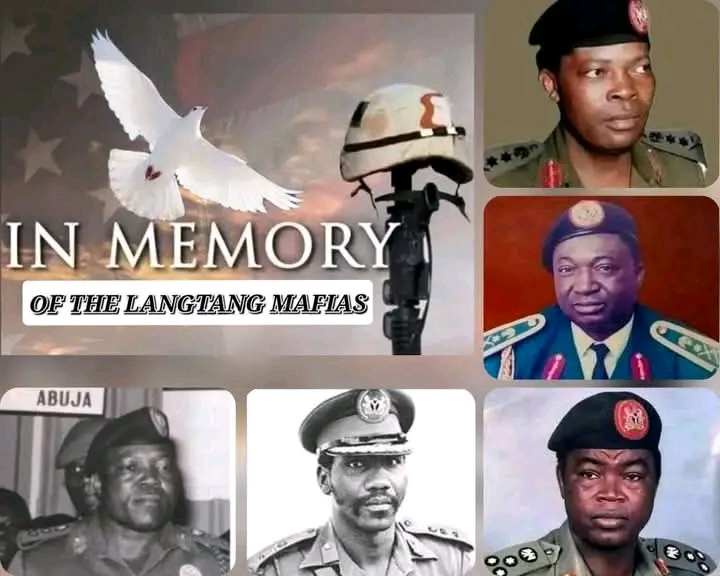
Langtang, a town in Plateau State, Nigeria, is not just another dot on the map but a significant origin for…
read more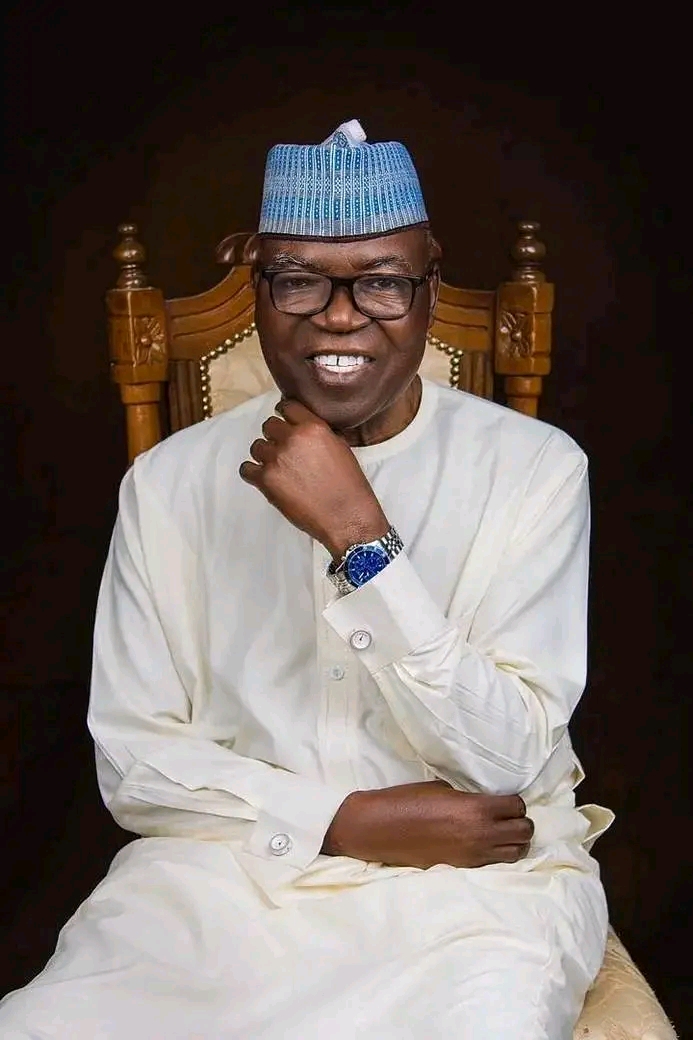
Brief Biography of Gen. (Senator) Jeremiah Timbut Useni
Early Life and Education:
Jeremiah Timbut Useni, often referred to as "Jerry Boy," was born on February 16, 1943,…
read more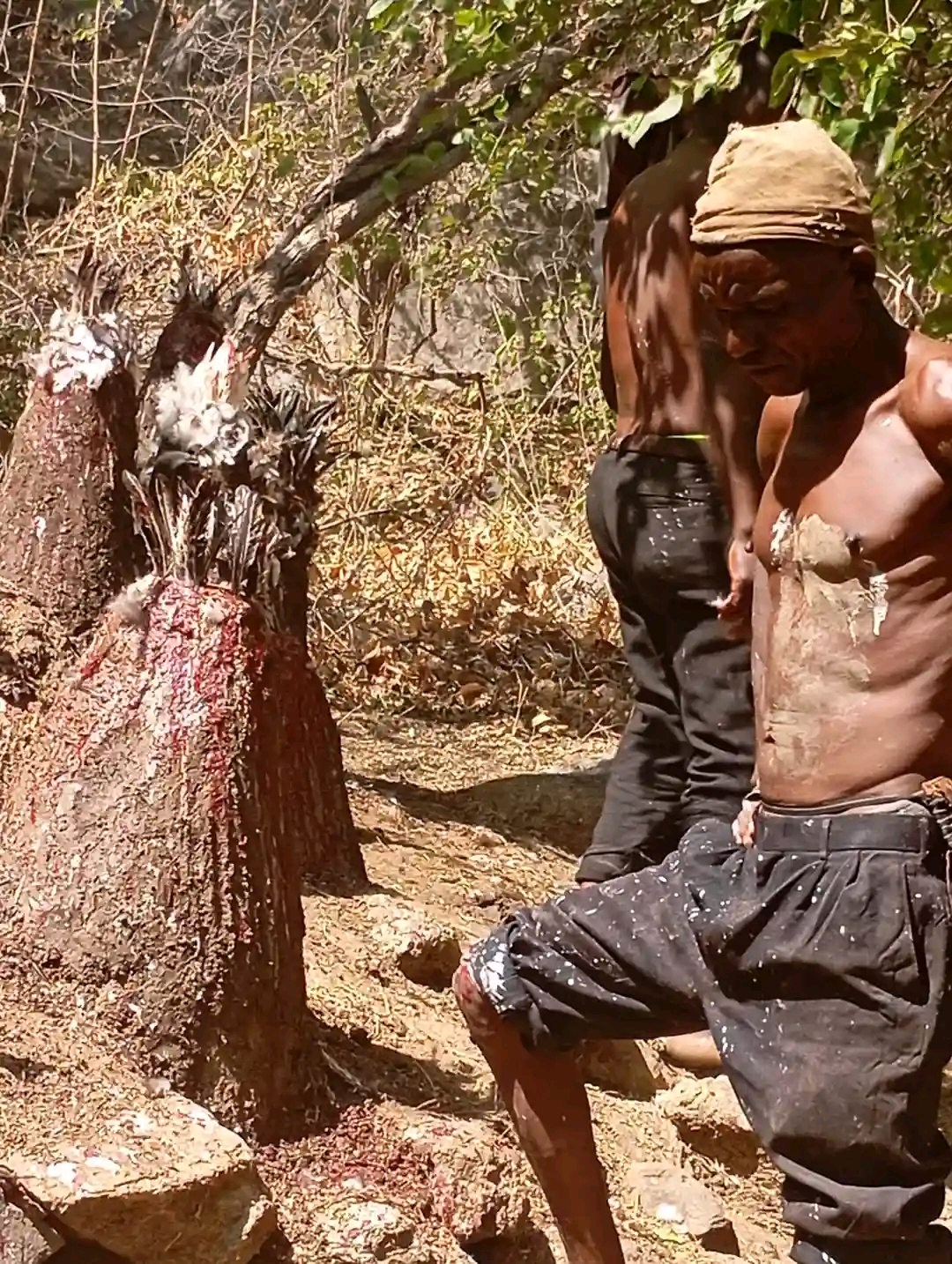
The Ibiari: A Sacred Tradition in Tarok land
The Ibiari Oga Sa festival, an annual tradition in Tarokland, was celebrated today as part of the year-end observance marking…
read more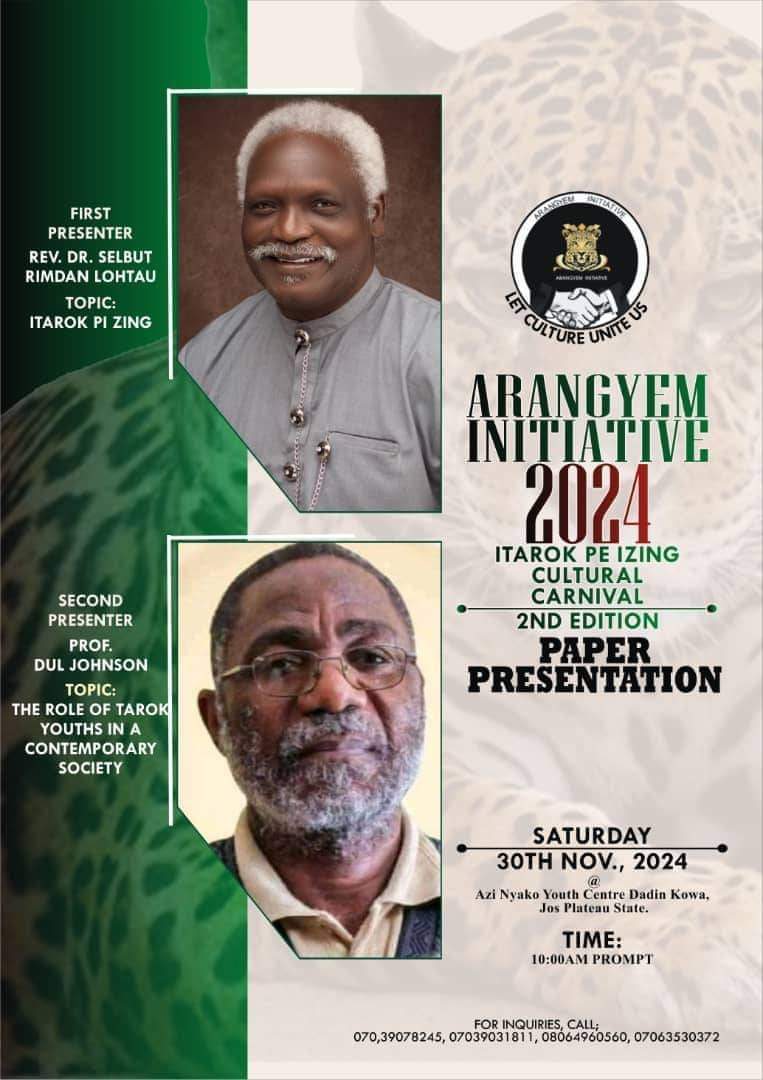
ITAROK PA IZING BY REV. DR. SELBUT LONGTAU
A PAPER PRESENTATION AT ITAROK PA IZING 2ND CARNIVAL HELD AT THE AZI NYAKO YOUTH CENTRE, JOS, 30TH NOVEMBER, 2024
… read more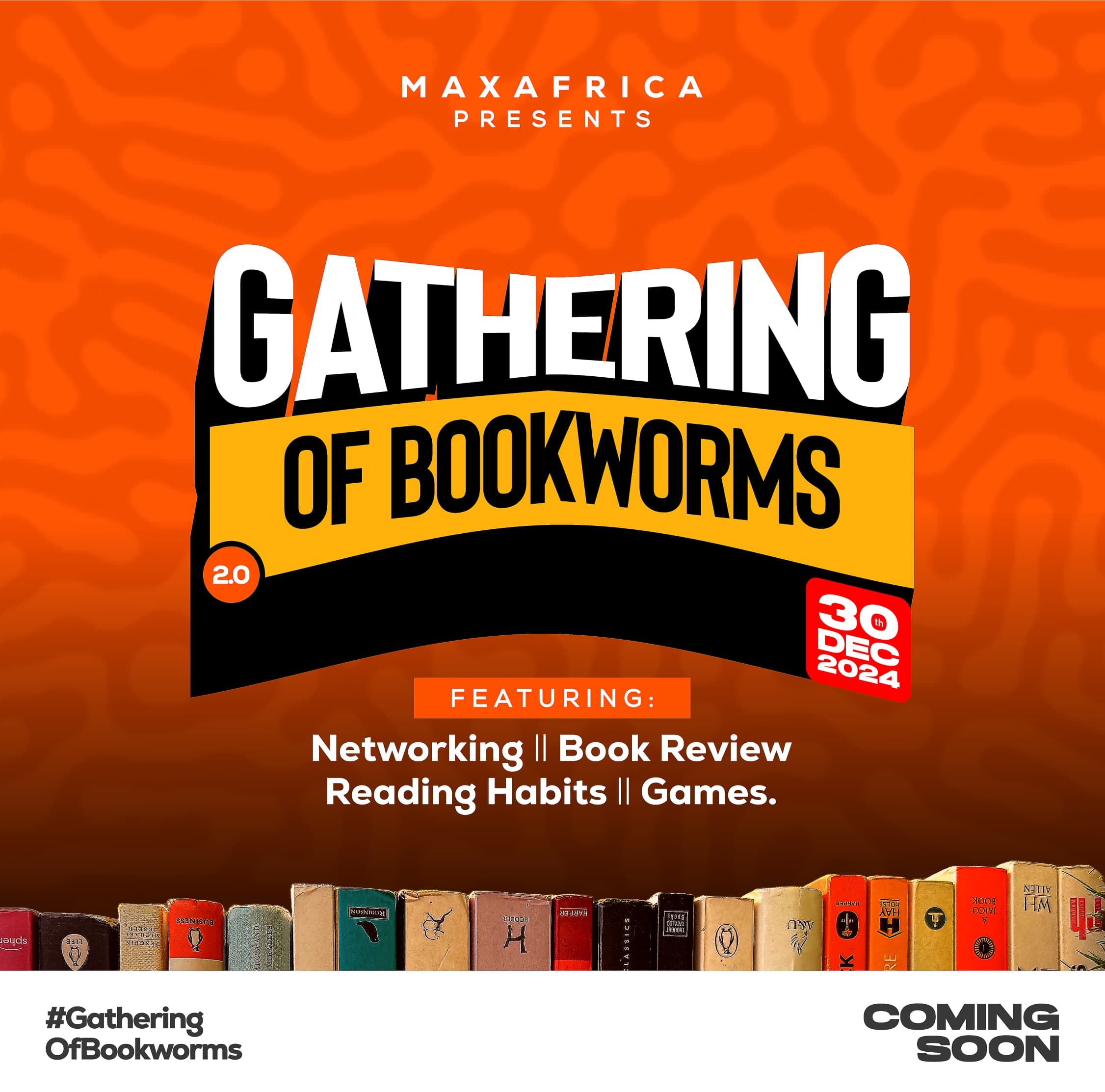
TarokTv News: The Return of "Gathering of Bookworms" - A Literary Revival in Langtang North/South
TarokTv is thrilled to announce the upcoming edition of the Gathering of Bookworms, a celebrated event aimed at uniting the…
read moreLatest Albums
Recent videos
Copyright © 2020 - TarokTv designed by Taroktv Media.

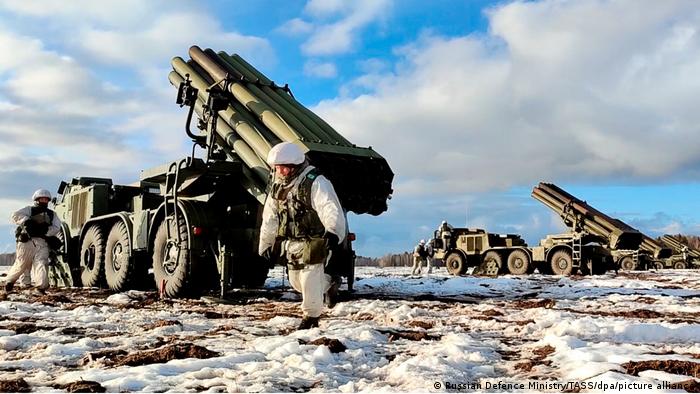
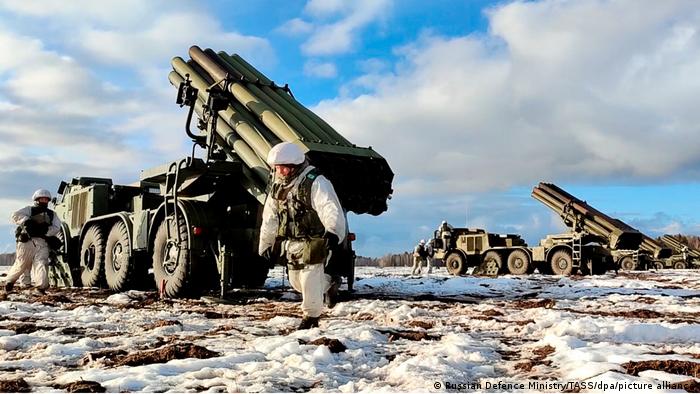
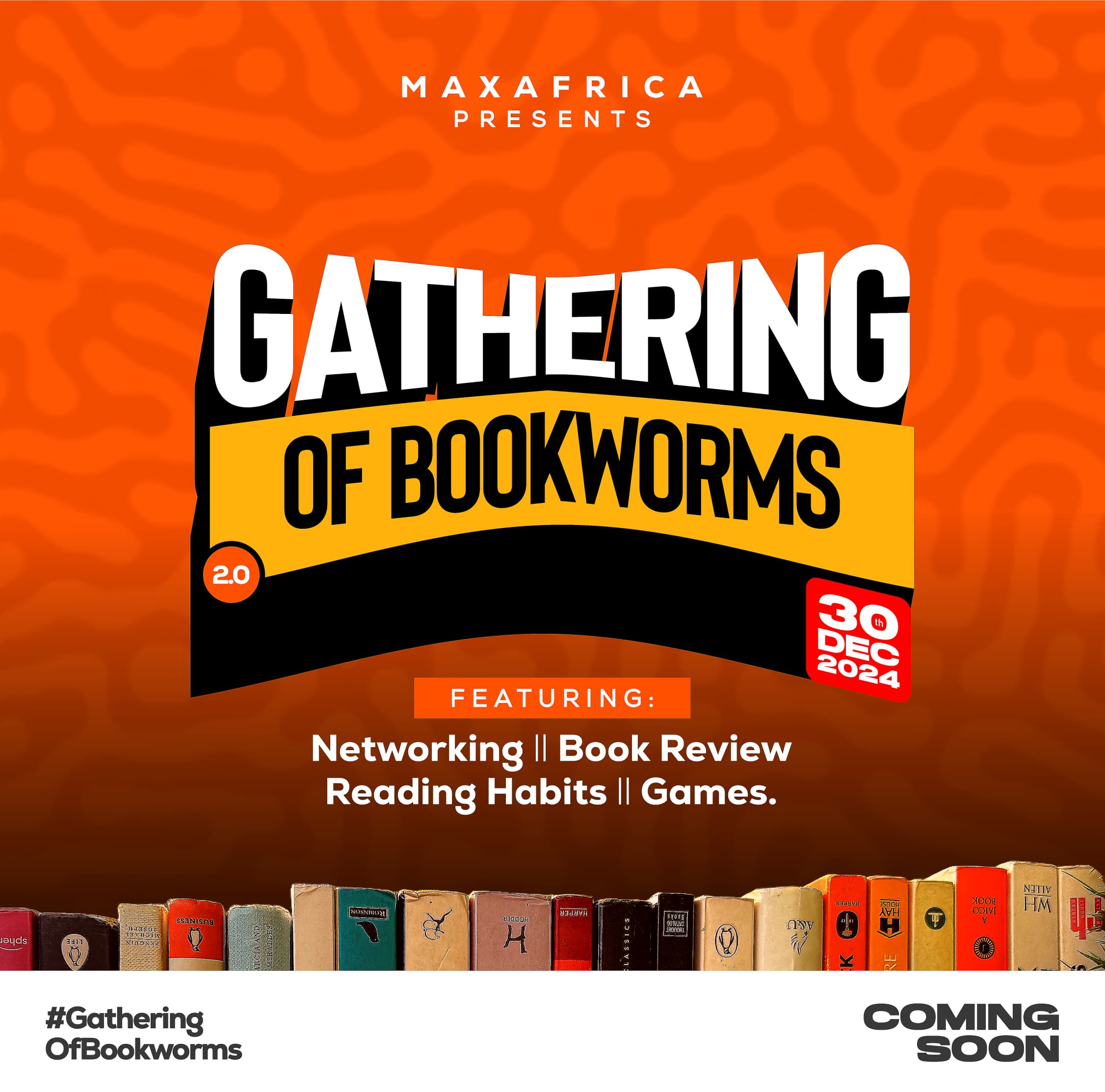
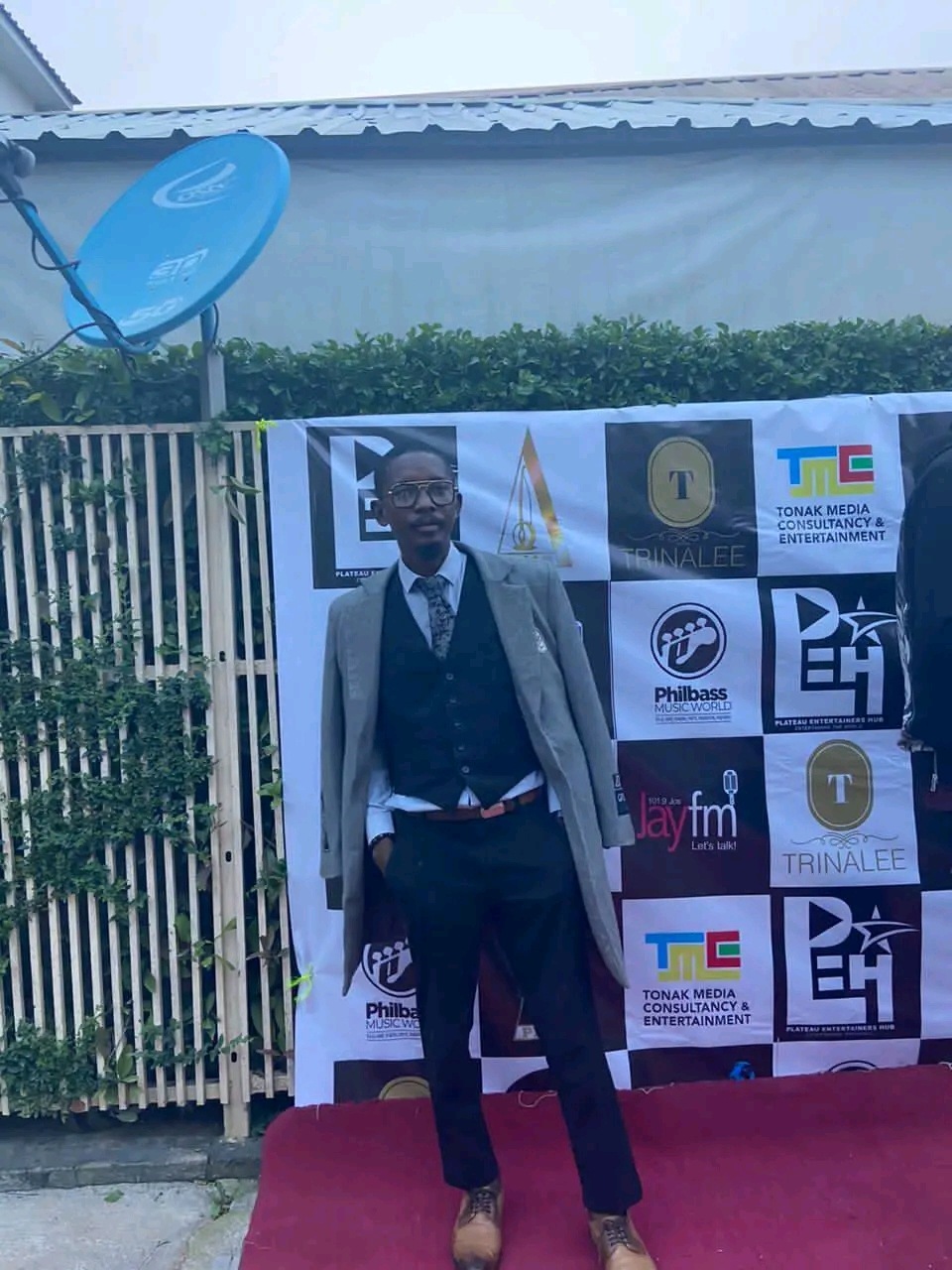



leave a comment
0 comment